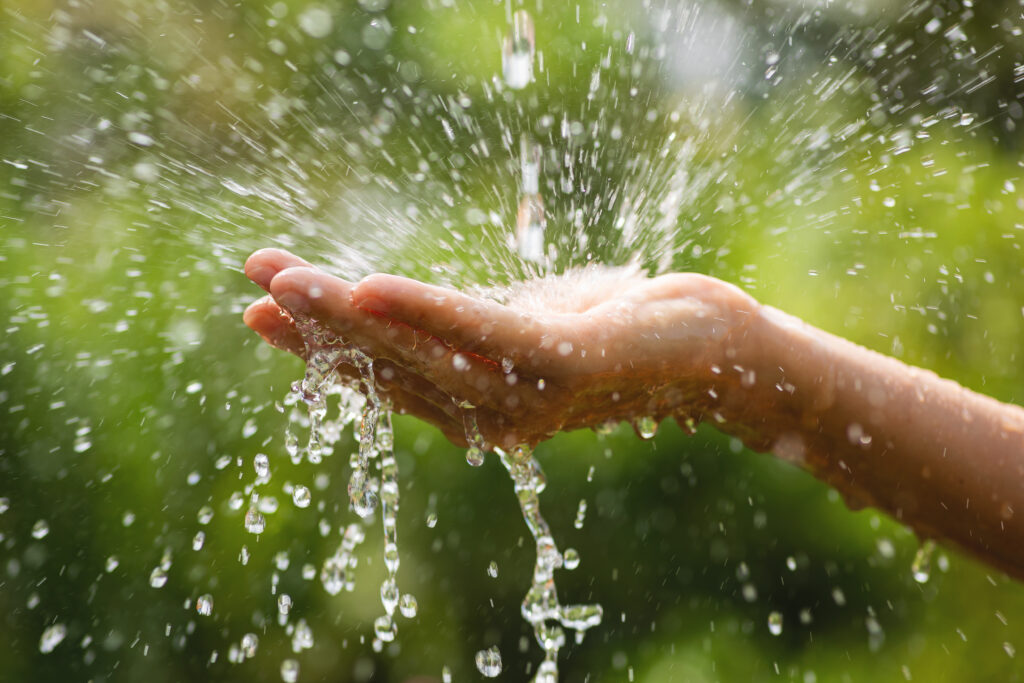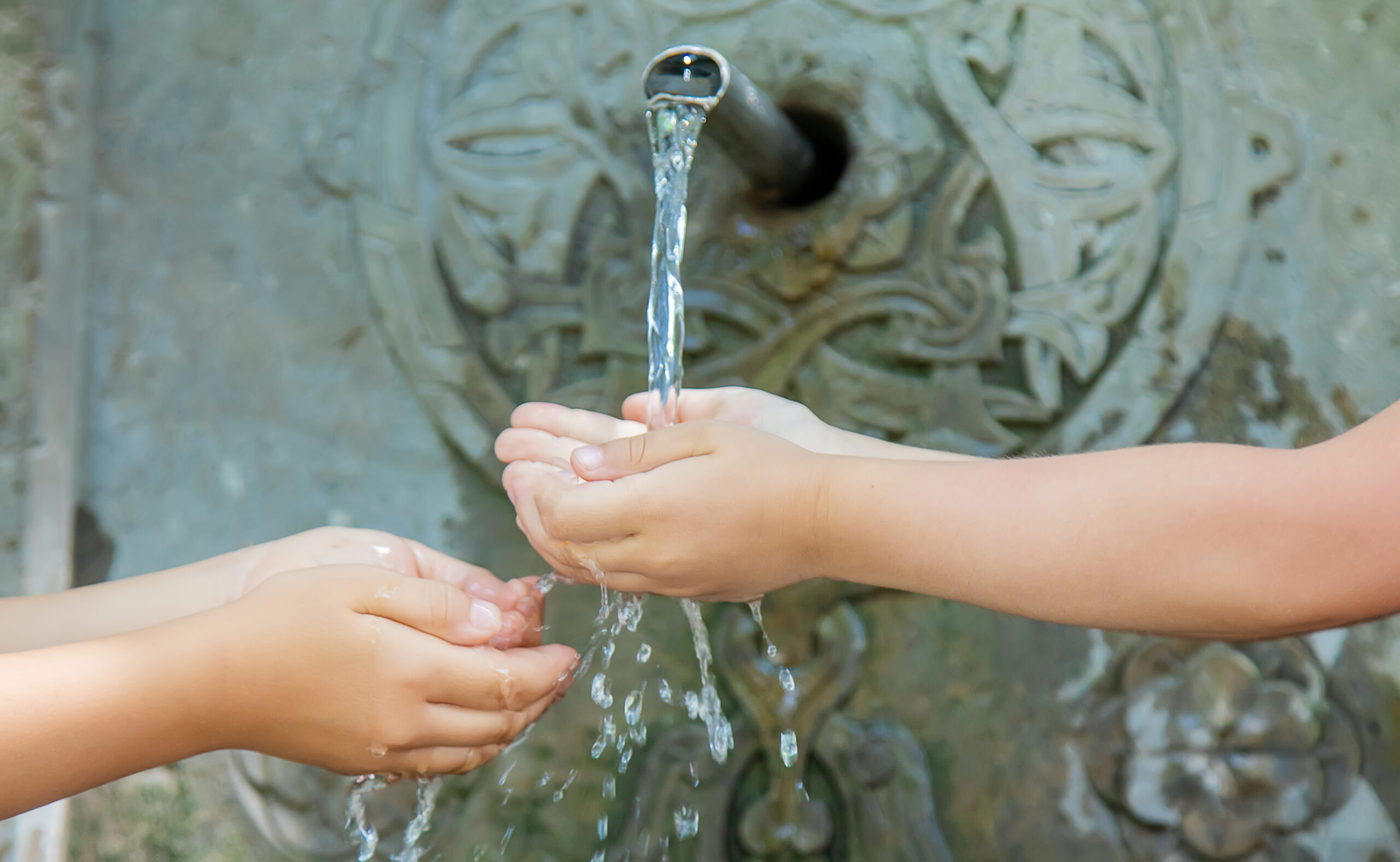Water is a precious resource essential for life, yet it is increasingly threatened by overuse and climate change. This blog offers practical tips to conserve water, ensuring a sustainable future for our planet and future generations.
Introduction
Water conservation is vital for maintaining the health of our ecosystems and ensuring a sustainable supply for future generations. As the global population grows and climate change intensifies, the demand for water continues to rise, making it crucial for everyone to adopt water-saving practices. By implementing simple yet effective strategies, we can all contribute to preserving this precious resource.
The Importance Of Water Conservation
- Ensuring Water Availability: Freshwater is limited, with less than 1% of the Earth’s water readily accessible for human use. Conserving water ensures that there is enough to meet the needs of agriculture, industry, and households, especially in areas prone to drought and water shortages.
- Protecting Ecosystems: Water conservation helps maintain the health of aquatic ecosystems, which are home to diverse plant and animal species. Reduced water consumption can alleviate pressure on rivers, lakes, and wetlands, preserving these habitats and promoting biodiversity.
- Mitigating Climate Change: Conserving water reduces the energy required for water extraction, treatment, and distribution, which in turn lowers greenhouse gas emissions. By using water efficiently, we can decrease our carbon footprint and help combat global warming.

Practical Tips For Water Conservation
- Fixing Leaks: Leaky faucets and pipes can waste significant amounts of water. Regularly checking and repairing leaks in your home can save thousands of gallons of water each year. This simple step not only conserves water but also reduces your utility bills.
- Using Water-Efficient Appliances: Modern appliances, such as low-flow showerheads, toilets, and washing machines, are designed to use less water without compromising performance. Upgrading to water-efficient appliances can significantly reduce your household water consumption.
- Mindful Lawn And Garden Care: Lawns and gardens can be major water consumers. Opting for drought-resistant plants, using mulch to retain moisture, and watering during cooler parts of the day can help conserve water. Additionally, collecting rainwater for irrigation is an effective way to reduce reliance on municipal water supplies.
- Shortening Showers: Reducing shower time by even a few minutes can save a substantial amount of water. Installing a water-saving showerhead can further enhance these savings. Encouraging family members to be mindful of their water usage in the shower can make a big difference.
- Turning Off The Tap: Simple habits, like turning off the tap while brushing your teeth or washing dishes, can conserve a significant amount of water over time. Being conscious of water use during everyday activities promotes a culture of conservation.
- Full Loads Only: Running dishwashers and washing machines only when they are full can save water and energy. Avoiding partial loads ensures that these appliances operate at maximum efficiency, reducing overall water usage.
- Insulating Pipes: Insulating your water pipes can reduce heat loss and shorten the time it takes for hot water to reach your faucet or shower, saving both water and energy. This is particularly useful during colder months when pipes are more prone to losing heat.
Community And Policy Initiatives
- Educational Programs: Raising awareness about the importance of water conservation through community programs, school curricula, and public campaigns can foster a collective effort to save water. Education empowers individuals to take action and adopt sustainable practices.
- Water-Saving Policies: Governments and local authorities can implement policies that promote water conservation, such as restrictions on non-essential water use during droughts, incentives for water-efficient appliances, and infrastructure investments in water recycling and reuse systems.
- Corporate Responsibility: Businesses can play a vital role in water conservation by adopting sustainable practices, reducing water usage in their operations, and supporting community conservation efforts. Corporate responsibility initiatives can lead to significant water savings and inspire other organizations to follow suit.
Conclusion
Water conservation is essential for ensuring a sustainable future for our planet and future generations. By adopting practical strategies and supporting community and policy initiatives, we can collectively make a significant impact. Every drop counts, and together, we can protect our planet’s most precious resource for the well-being of all living beings.

